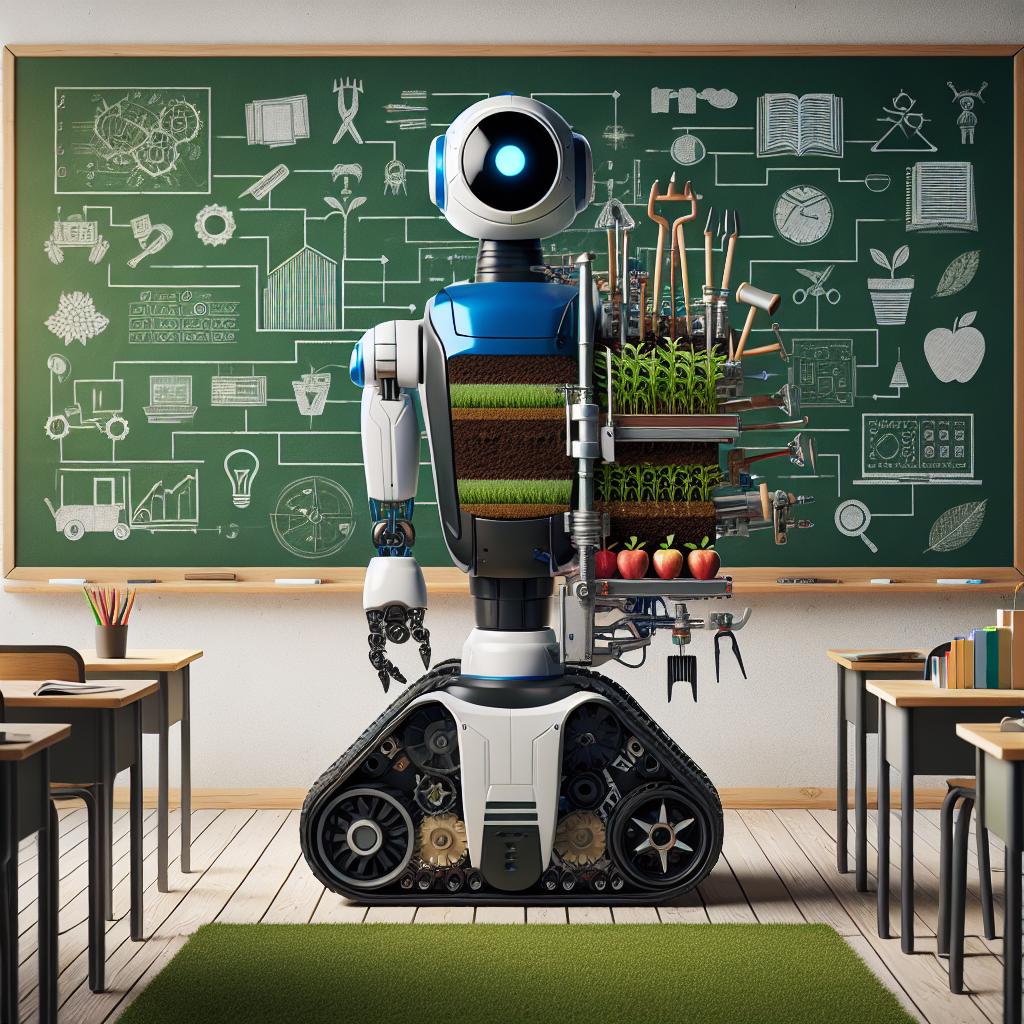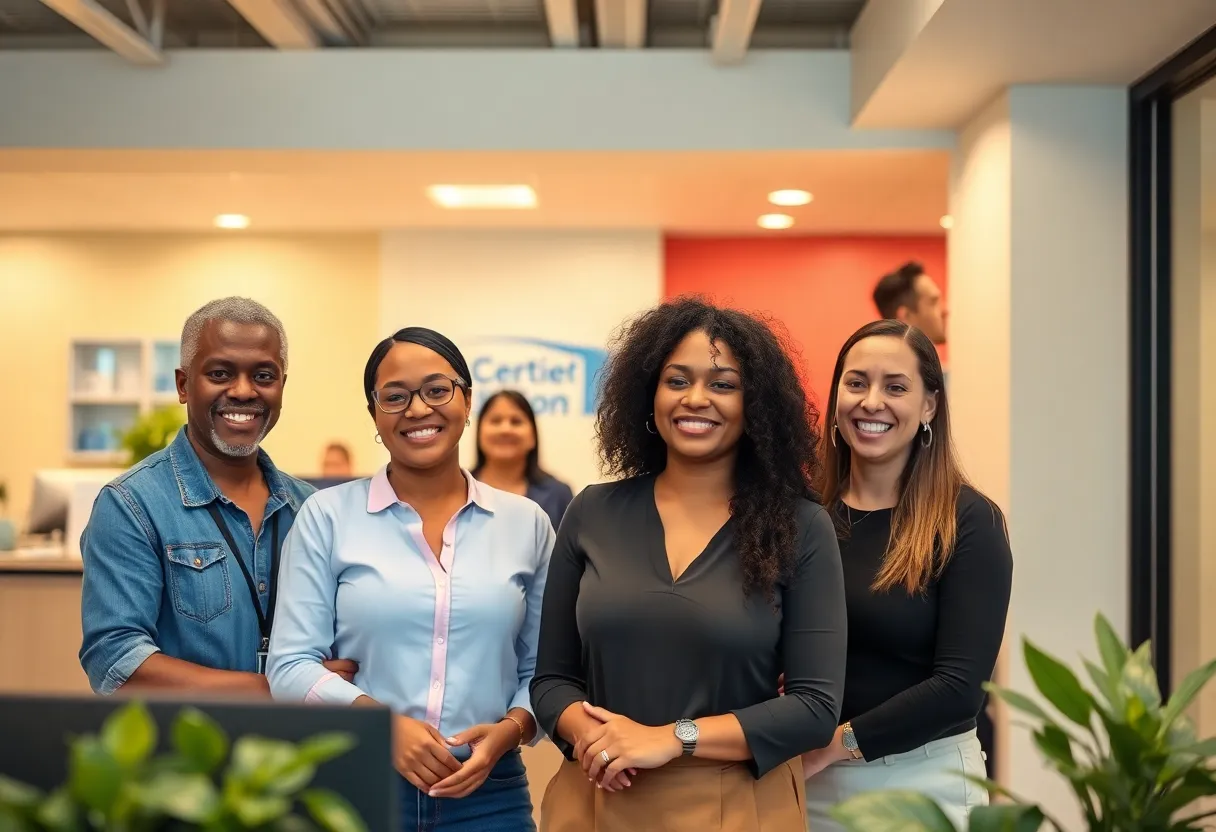Knoxville Introduces Farming Robot to Enhance STEM Skills and Community Nutrition
Knoxville has recently welcomed a unique addition to its community, a farming robot designed to inspire young minds and address local food needs. This innovative initiative is spearheaded by the nonprofit organization Socially Equal Energy Efficient Development (SEEED), in collaboration with university professors from the University of Tennessee at Knoxville.
The Robot’s Journey to Knoxville
The farming robot, sourced from Farmbot, has been installed at the Morningside Community Center on Dandridge Avenue. The arrival of this robot marks a significant step forward in SEEED’s ongoing mission to combat food scarcity in East Knoxville. The area has been identified as a food desert — a region lacking access to fresh vegetables and fruits — with a two-mile radius devoid of stores selling healthy produce.
The Edible Forest, started by SEEED in 2017, plays a pivotal role in addressing these nutritional challenges. The organization has actively engaged in planting and distributing fruit trees while creating raised garden beds and a community greenhouse.
Capabilities of the Farming Robot
The robot is not just a high-tech gadget but a multifunctional farming assistant. It is capable of:
- Planting seeds
- Watering plants
- Measuring soil moisture
- Taking photographs
- Weeding garden beds
Its range of features allows the robot to support both agricultural activities and educational opportunities for community members, especially focusing on students and new graduates looking for skill development.
Empowering Local Youth
Stan Johnson, the founder and executive director of SEEED, emphasizes the aim of the project is to help unemployed and underemployed youths. “We want to teach them new skills so they can actually learn how to do things differently and make more money with the education they currently have,” he stated. Johnson believes this initiative can help build a brighter future for the community.
At a recent demonstration, university professors and a student showcased how the robot works using a web application to give it commands from a computer. This hands-on experience exemplifies how technology can mesh with agricultural practices.
Educational Opportunities Through STEM
Professors Sai Swaminathan and Sukanya Moudgalya are particularly excited about the potential for vocational training through the farming robot. Swaminathan explained how students could learn skills in programming and 3D printing related to the robot’s operations. “These skills can build up over time and lead to credentialing. This allows them to access various job opportunities that don’t necessarily require a degree.”
Additionally, Swaminathan and Moudgalya successfully applied for a Challenge Grant from UT’s Division of Access and Engagement, enabling the acquisition of the Farmbot. The funding demonstrates the university’s commitment to connecting academic efforts to real-world community needs.
Looking Ahead
The professors plan to involve students from local schools, including Vine Middle Magnet School and Austin-East Magnet High School, in the Farmbot project. Their aim is to encourage youths to consider careers in STEM (Science, Technology, Engineering, and Math) in engaging, practical ways.
The arrival of the farming robot is more than just about growing crops; it represents an invaluable opportunity for skill-building and community involvement. As Knoxville embraces this innovative technology, the potential shifts from merely addressing hunger to creating pathways for education and empowerment. With the community rallying around these initiatives, the future looks promising for both local agriculture and future generations.
For Knoxville, this farming robot stands as a testament to creativity, resilience, and a shared vision for a healthier, educated community.







